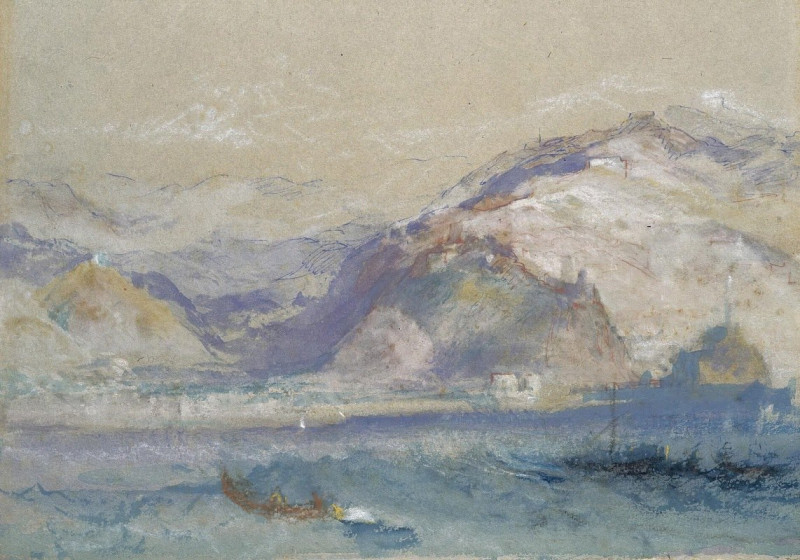In the political woods (1912)
Technique: Giclée quality print
Recommended by our customers
More about this artwork
"In the Political Woods," a compelling 1912 work by Udo Keppler, layers visual and thematic complexity into a fantastical composition that speaks as much about the era of its creation as it does about timeless themes of power and manipulation. This painting is draped in a mood of enigma and intrigue, unfolding within a shadowy forest, rich with symbolic detail.The central figure is a grotesque, oversized bird-like creature donned in garments heavily labeled with the words "POSTAL TELEGRAPH." This creature, casting an imposing shadow, represents corporate influence over communication networks, a topic of much political debate during the early 20th century. The size and dominating stance of this figure over the forest scene symbolize the overreaching power and control these corporations held.Beneath the creature’s feet, a small human figure, possibly representing the common man or a politician, is almost lost in this overwhelming environment, suggesting how overshadowed individual agency becomes when confronted by larger corporate entities. Scattered throughout are other elements—ghostly faces embedded in the trees, a crow and eerie owls with glowing eyes—enhancing the painting’s surreal, mystic quality.The expressionist use of color amplifies the painting's dramatic and oppressive atmosphere, with the blues and blacks of the night intertwining with touches of stark yellow from the creature. The details and inscriptions in the wood further anchor the artwork in its critique of corporate forces entangling political figures and systems.Through "In the Political Woods," Keppler navigates the murky intersections of power, delivering a visually arresting allegory that resonates with viewers long after they first encounter it.
Delivery
Returns
Udo J. Keppler, since 1894. known as Joseph Keppler, Jr., was an American political cartoonist, publisher, and Native American advocate. The son of cartoonist Joseph Keppler (1838–1894), who founded Puck magazine, the younger Keppler also contributed to cartoons, and after his father's death became co-owner of the magazine under the name Joseph Keppler. He was also a collector of Native American artifacts.

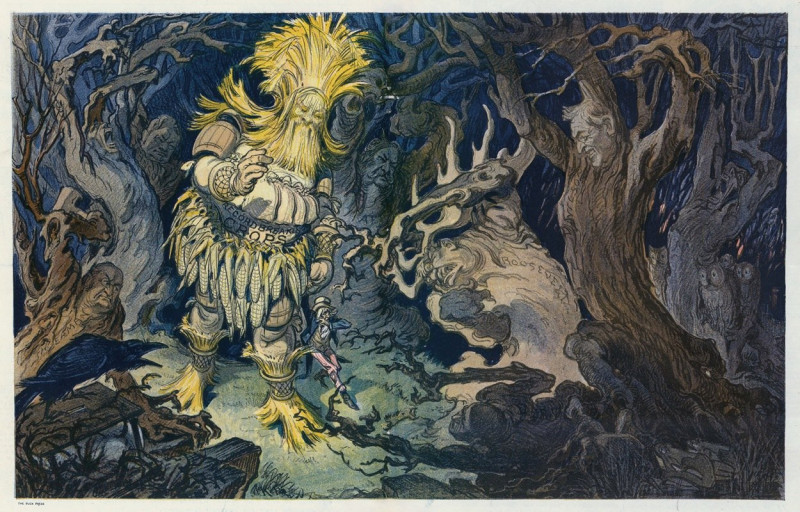
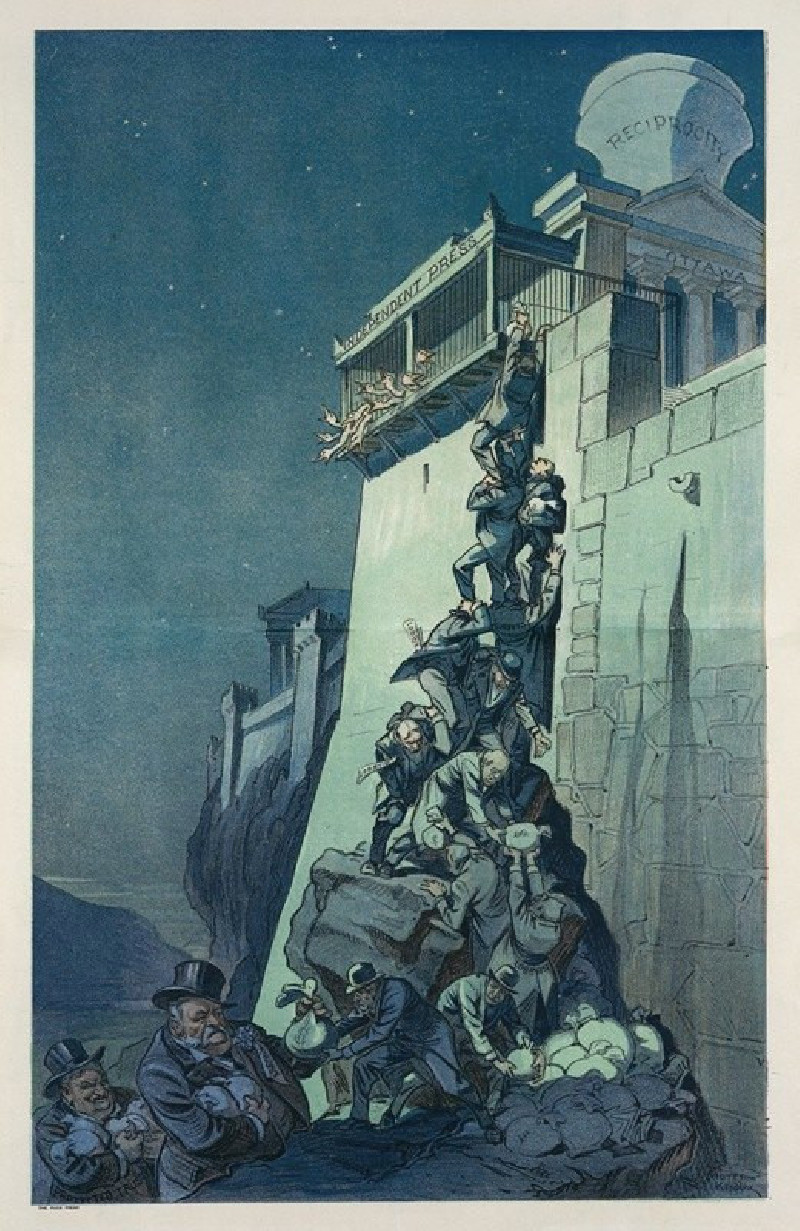

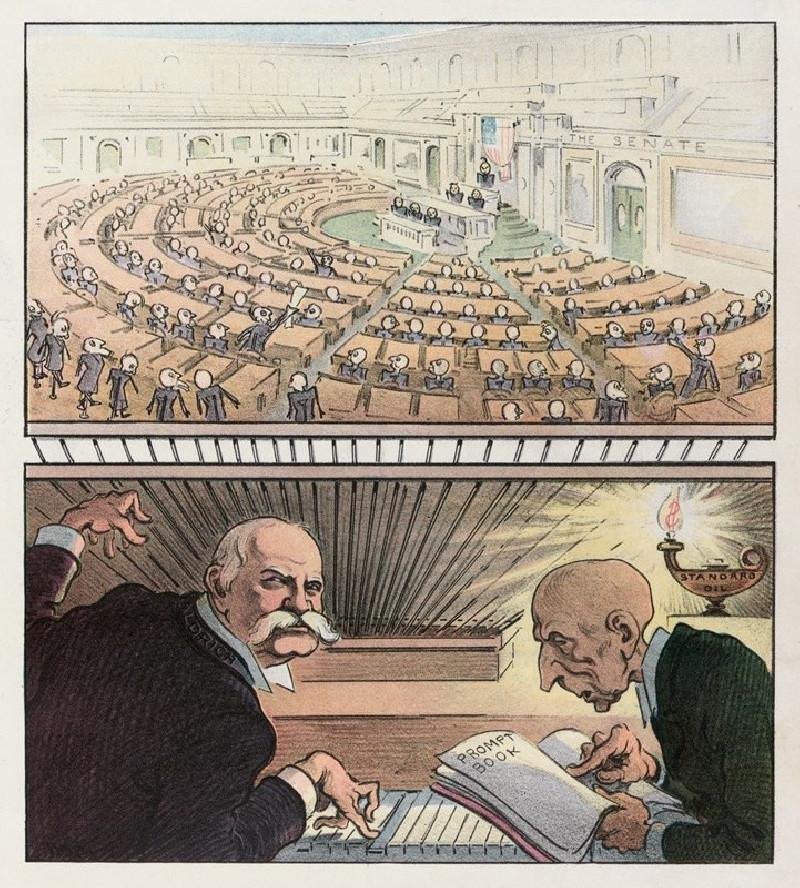
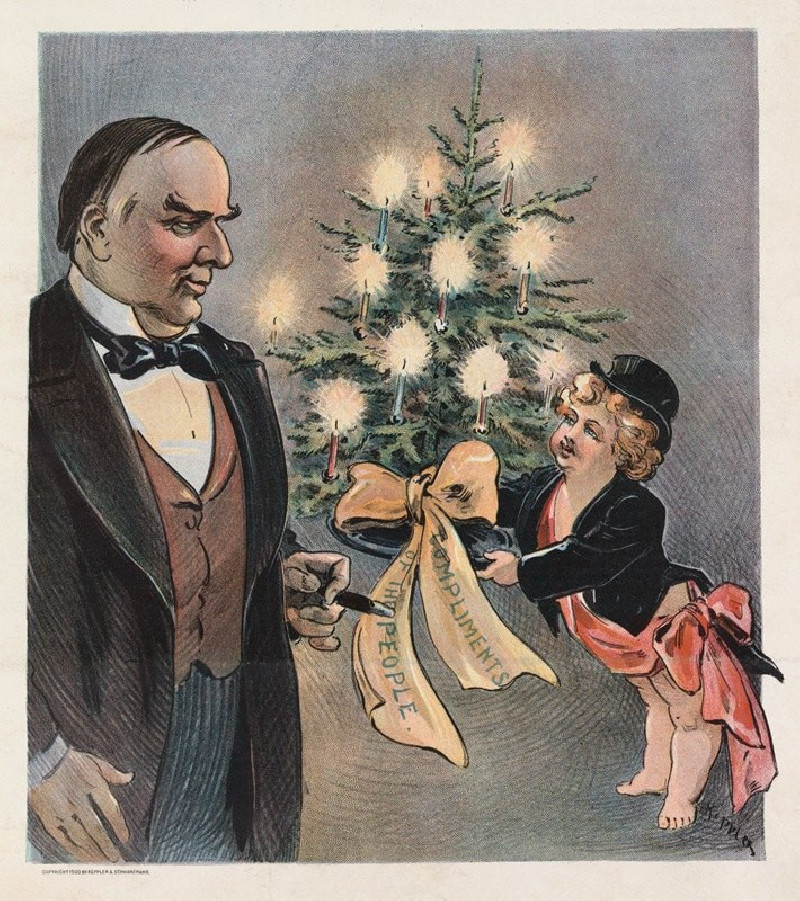

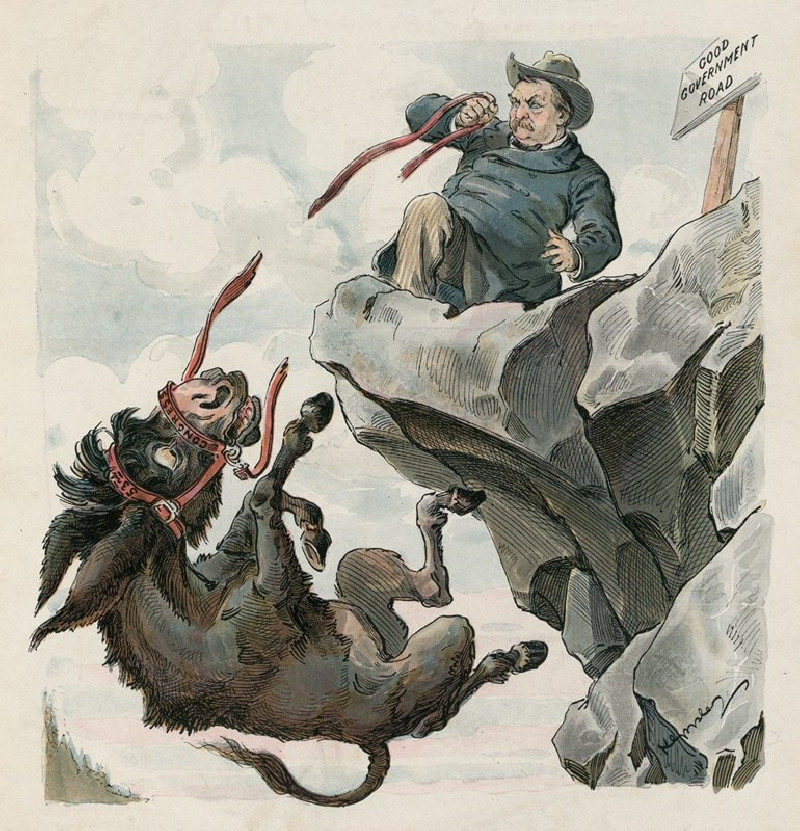

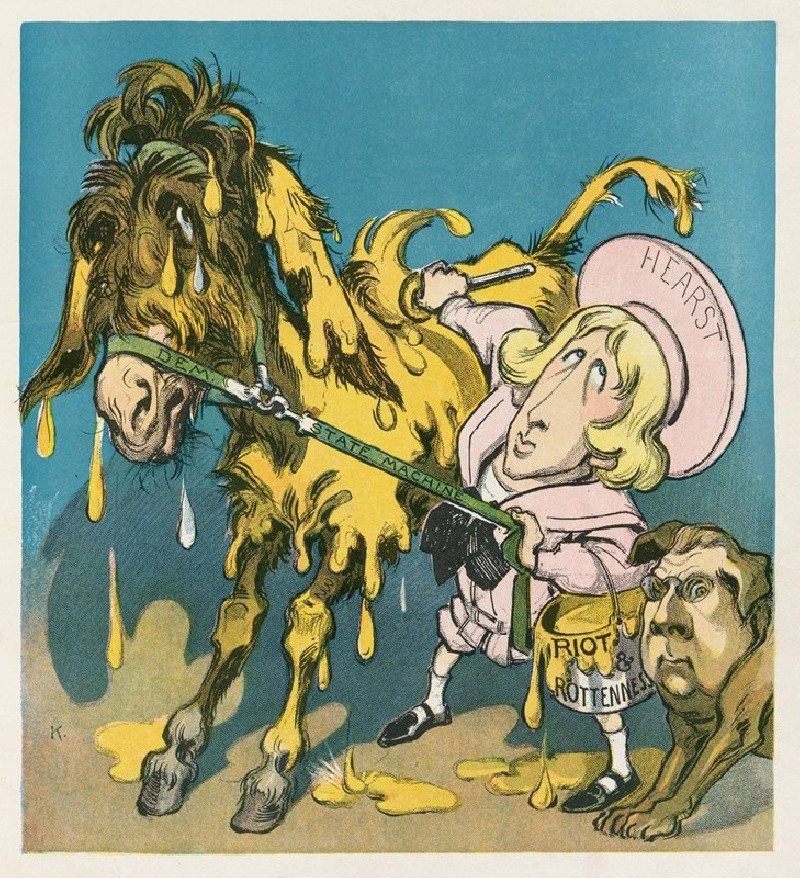
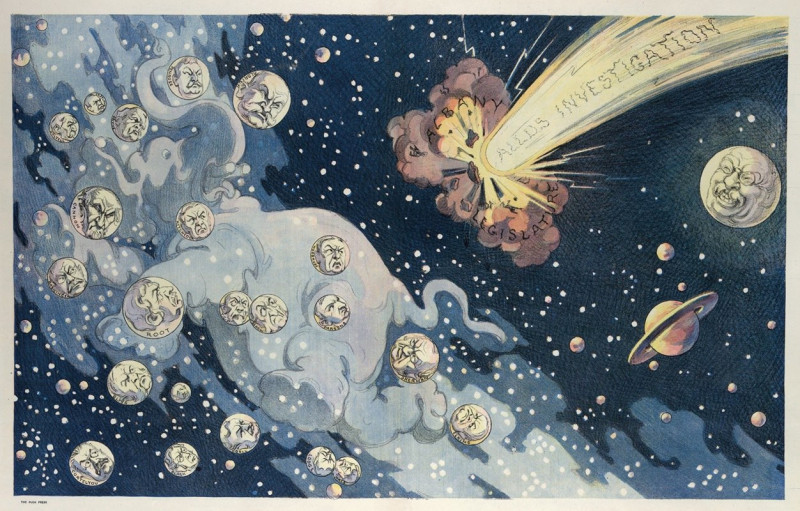
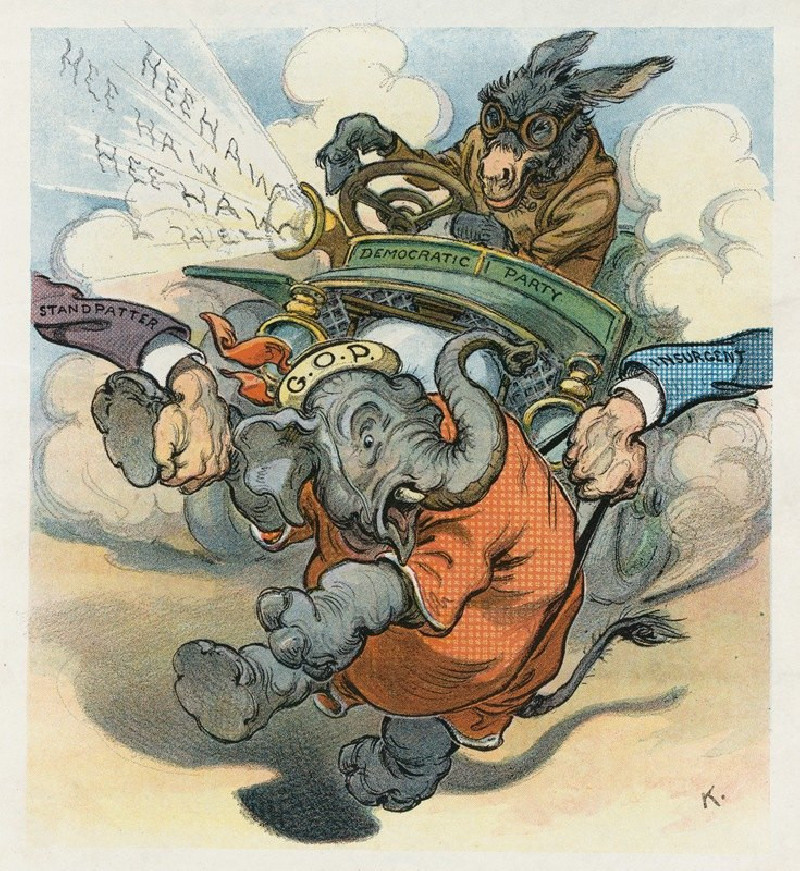
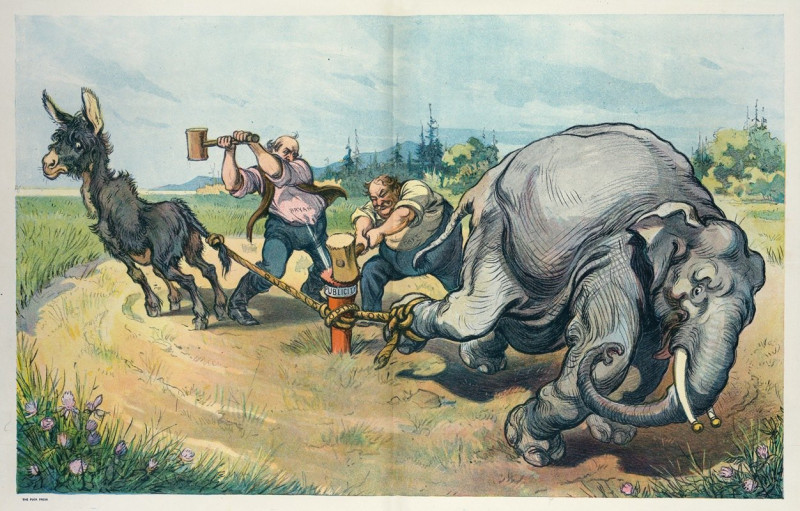
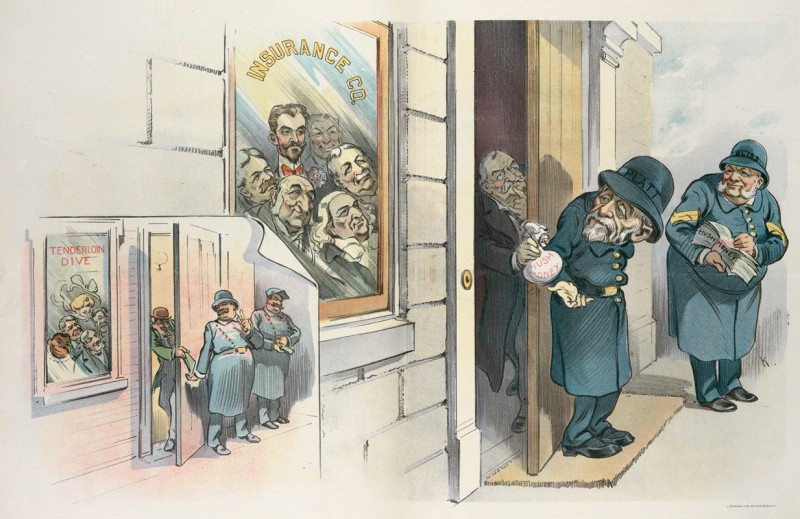

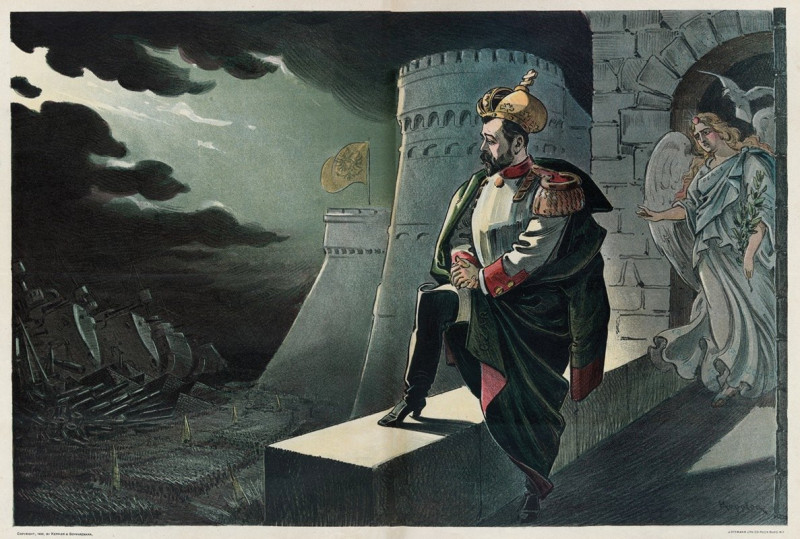

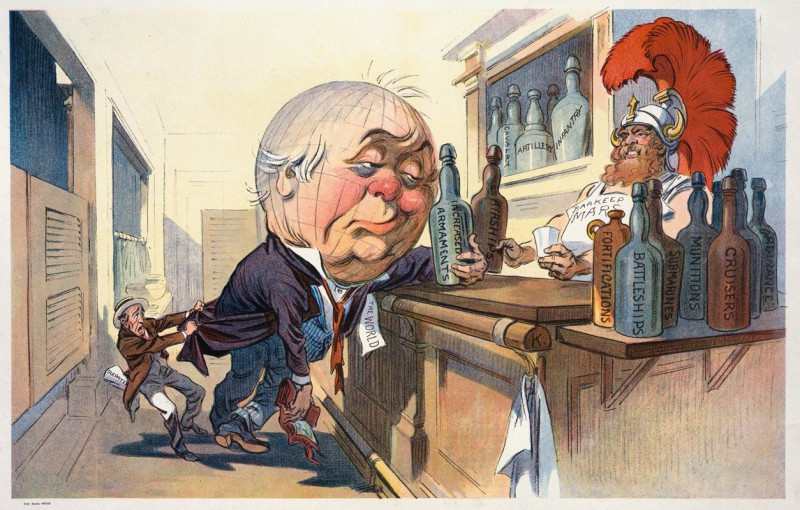
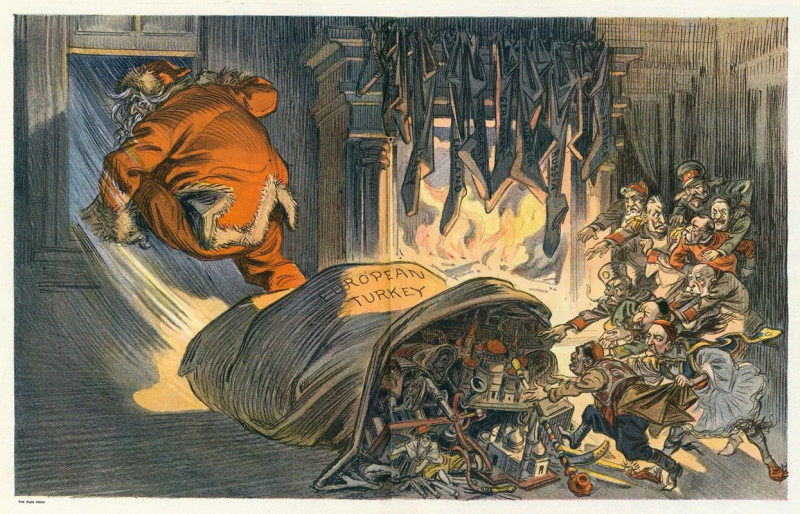
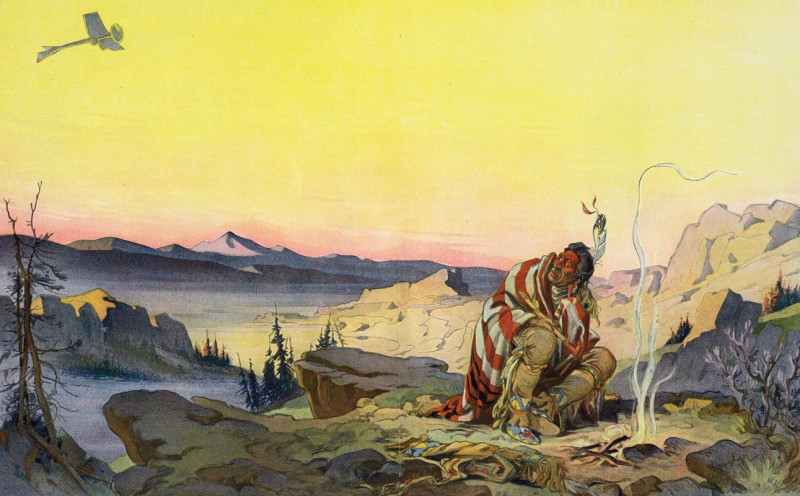
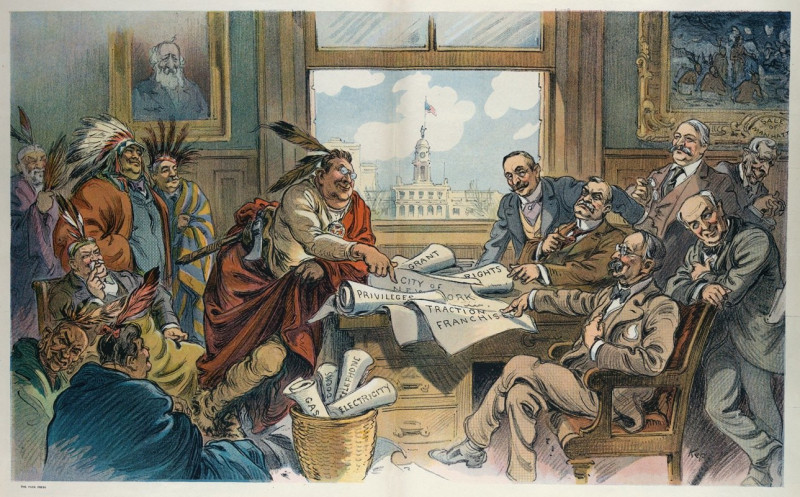



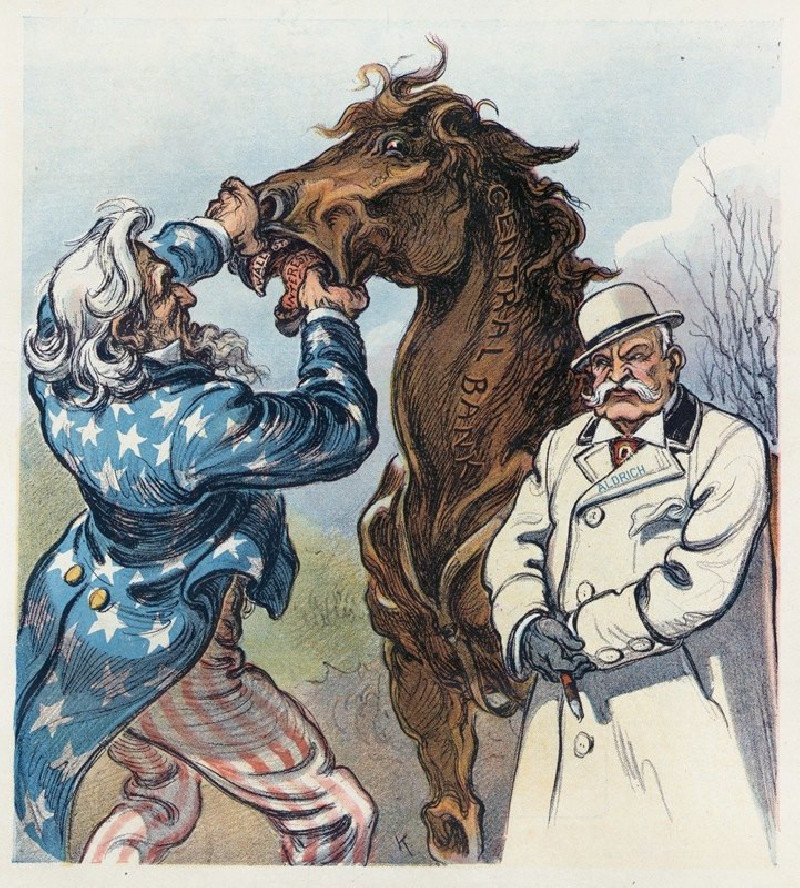
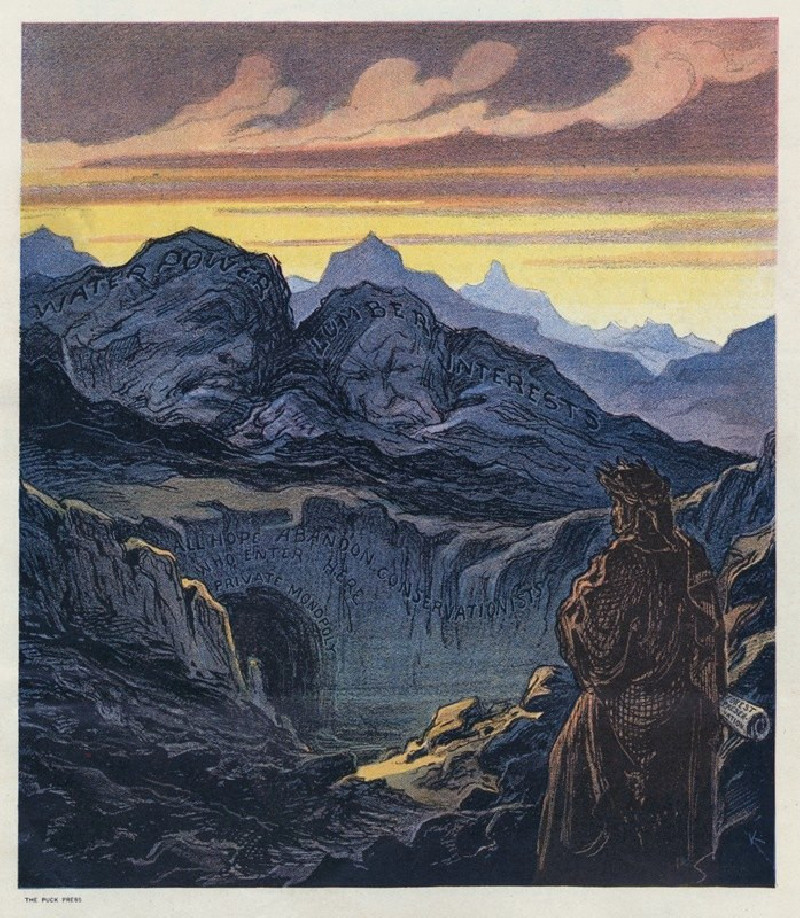
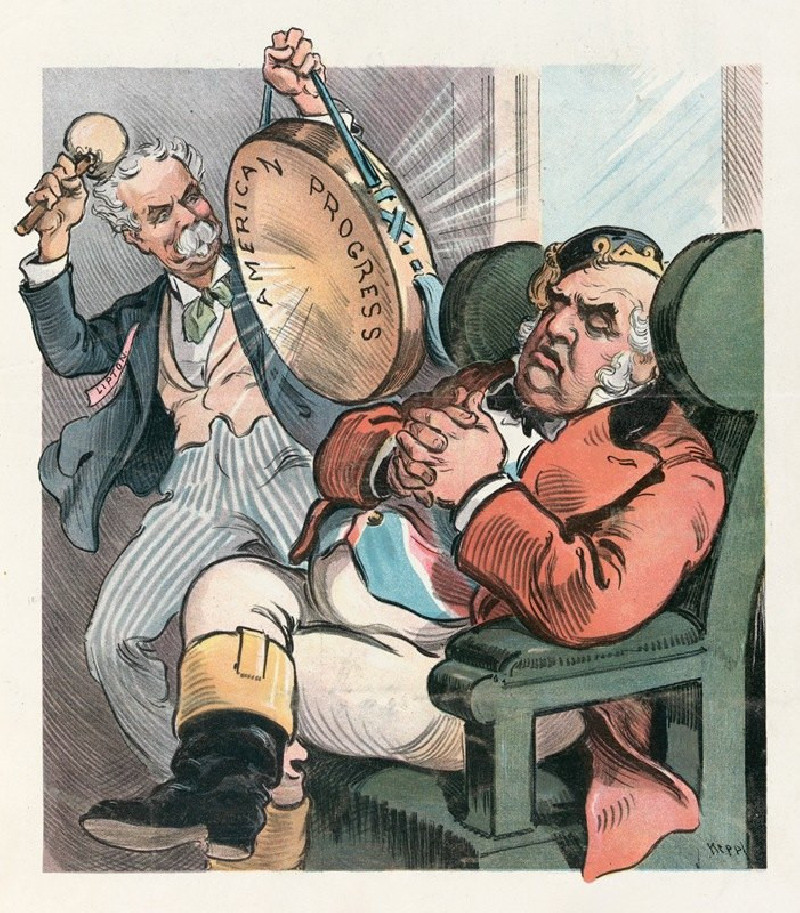
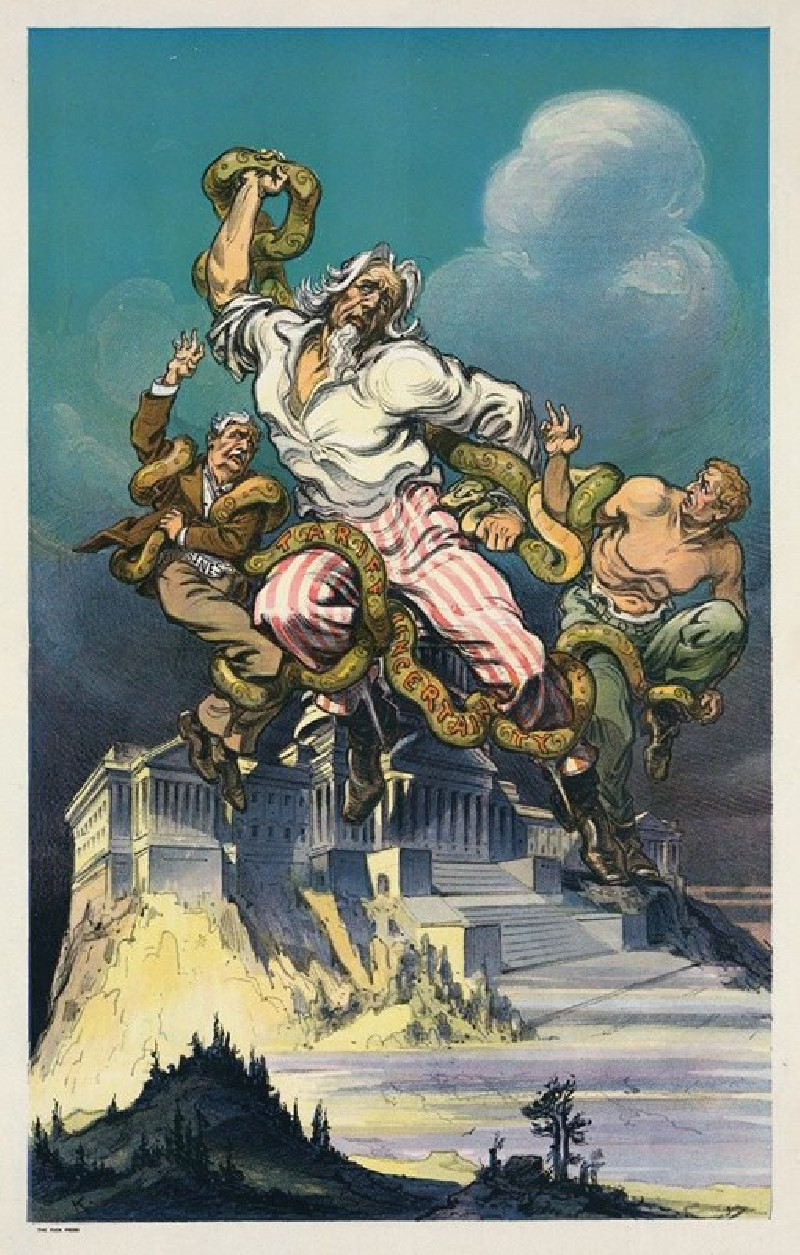


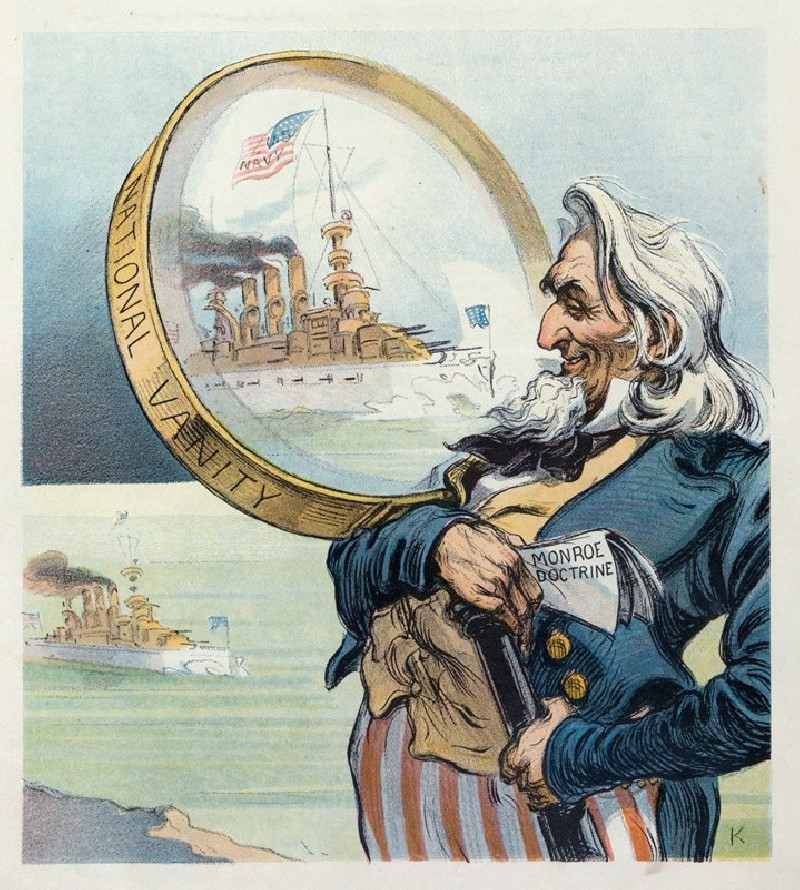
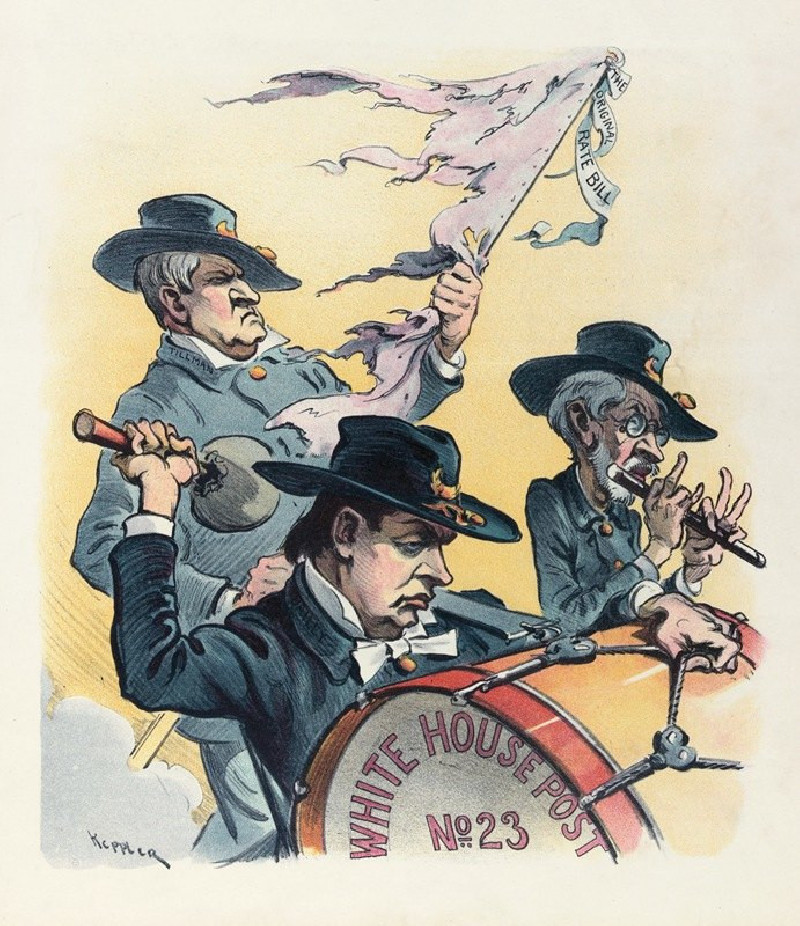


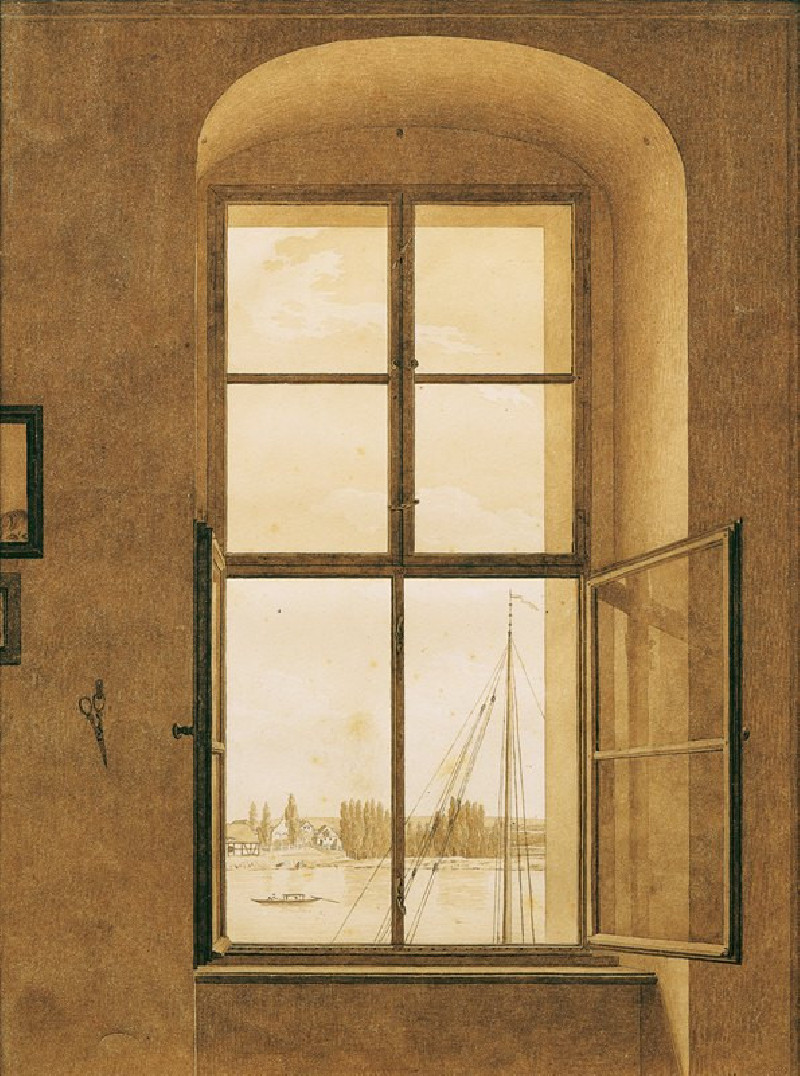
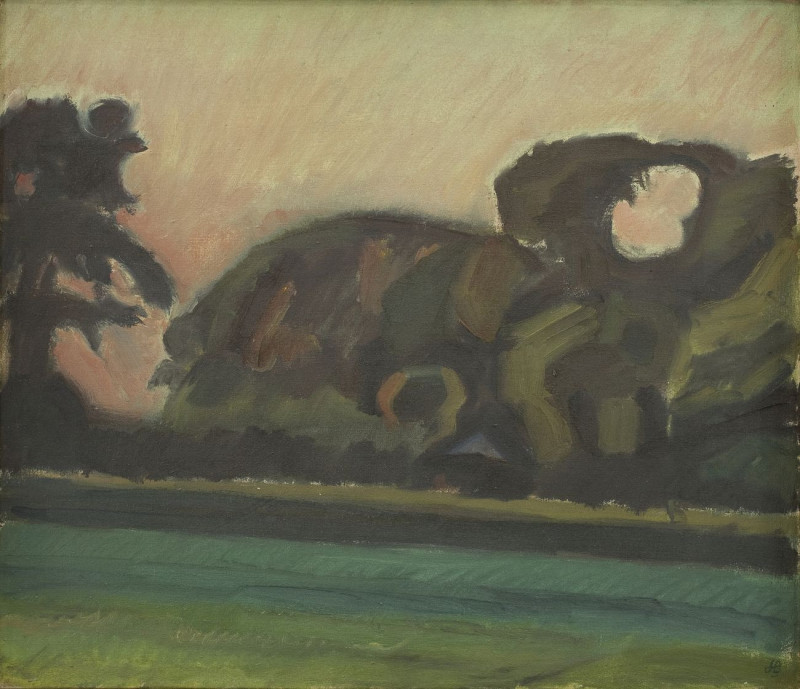
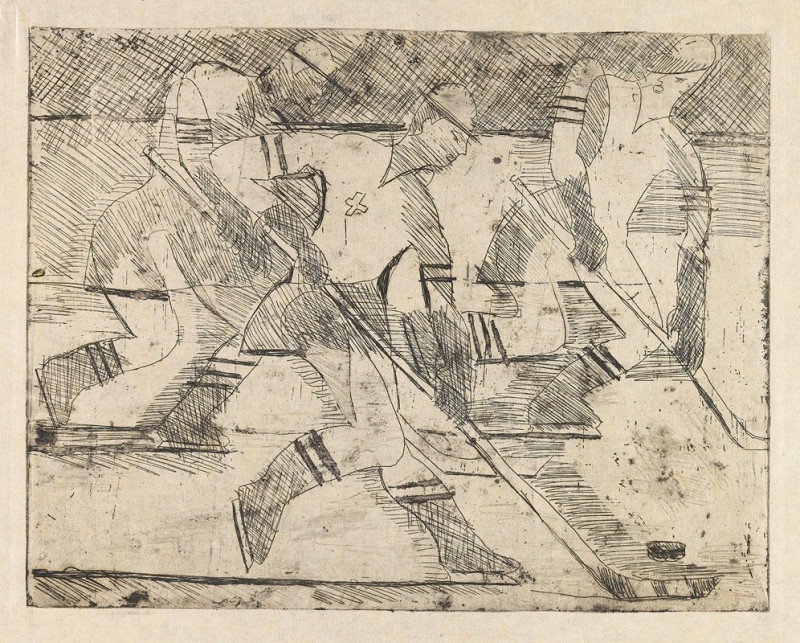
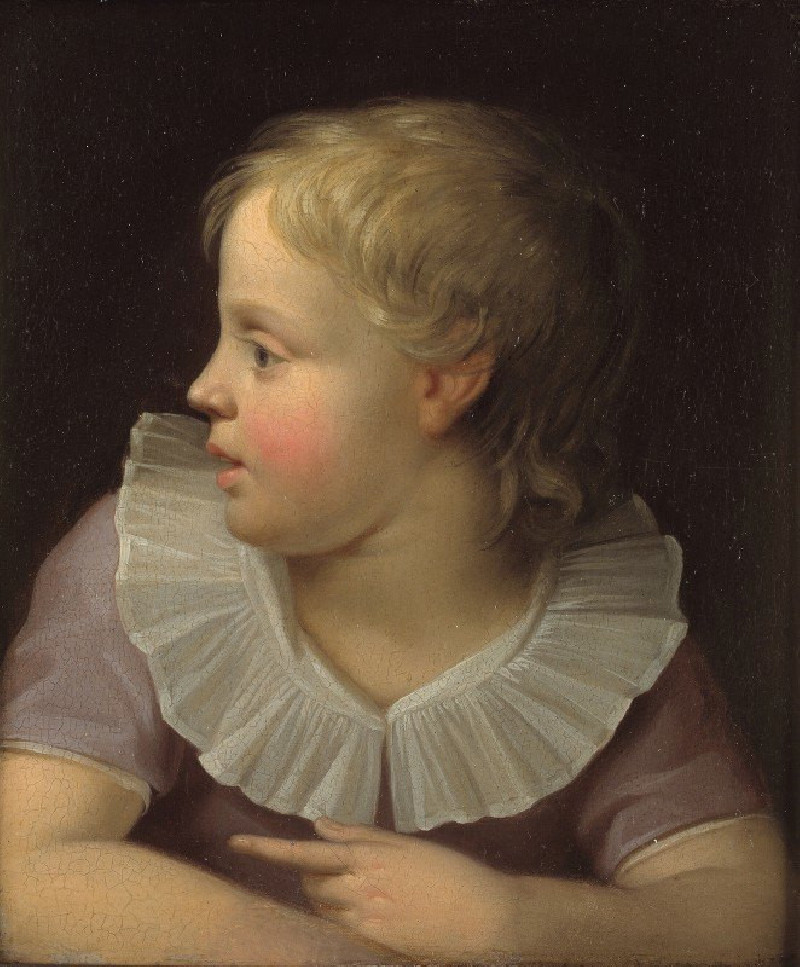
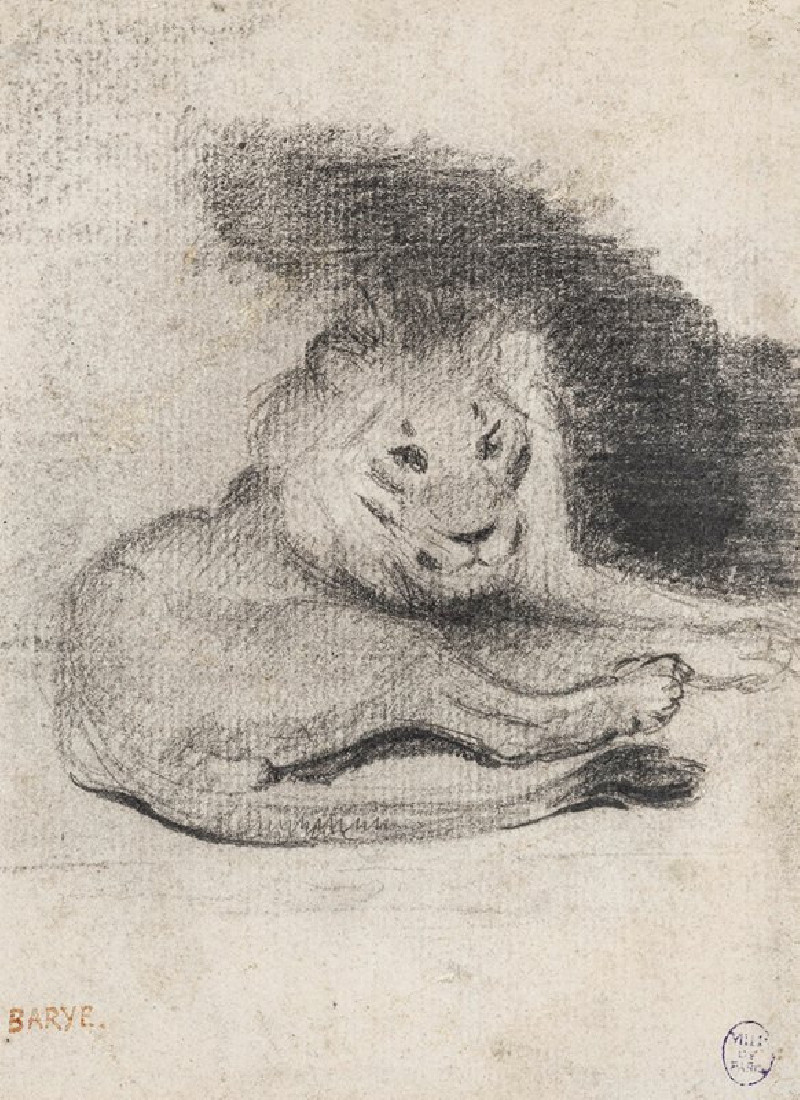

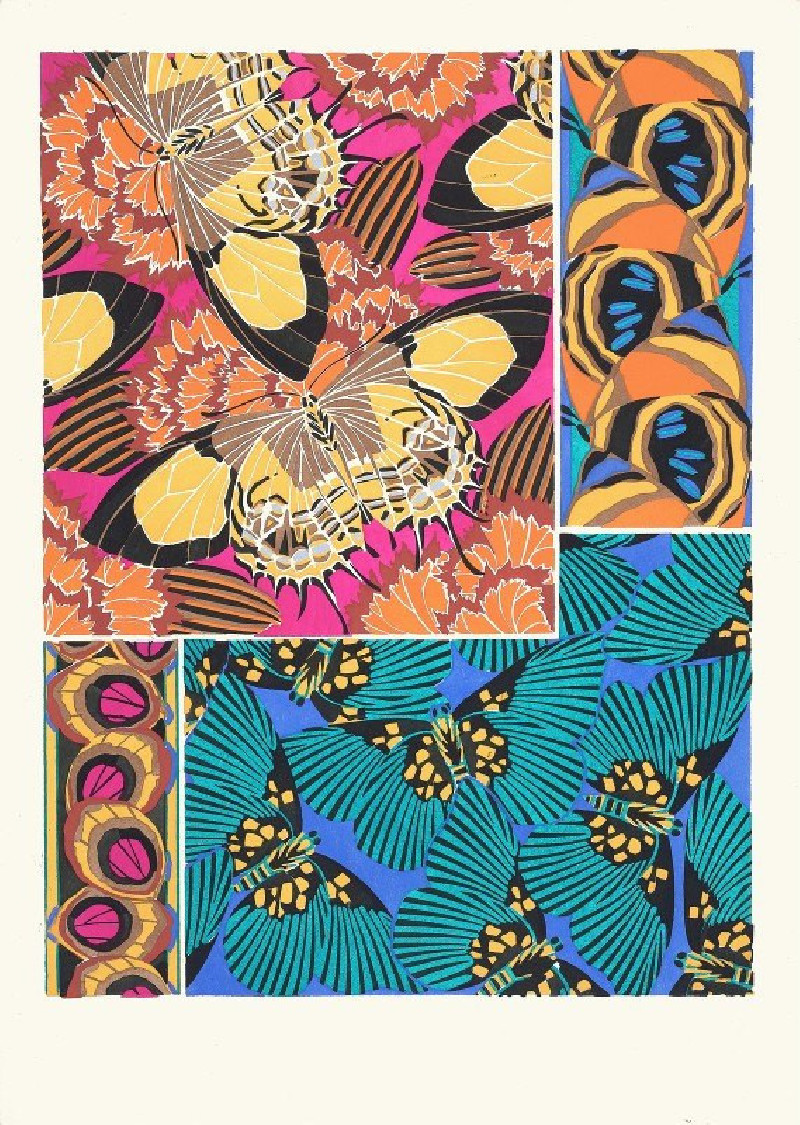
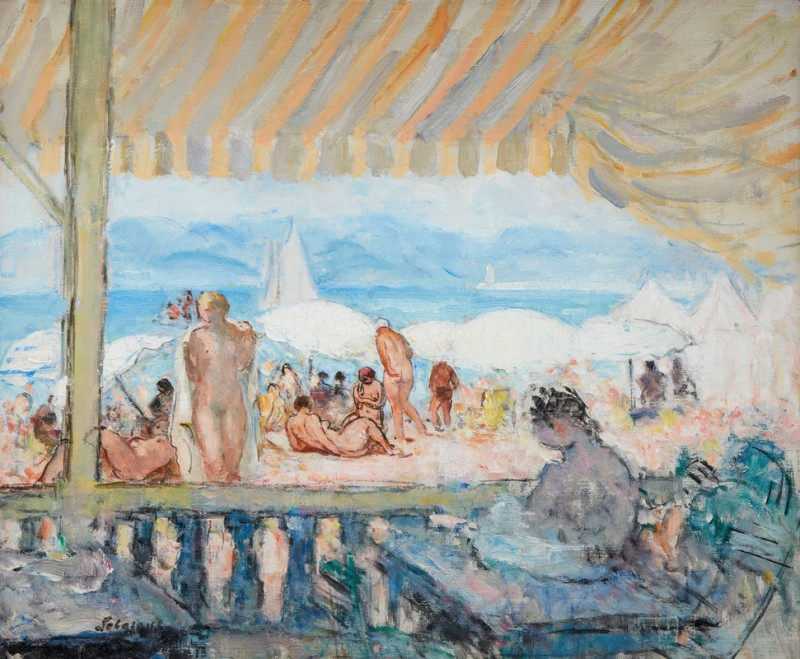
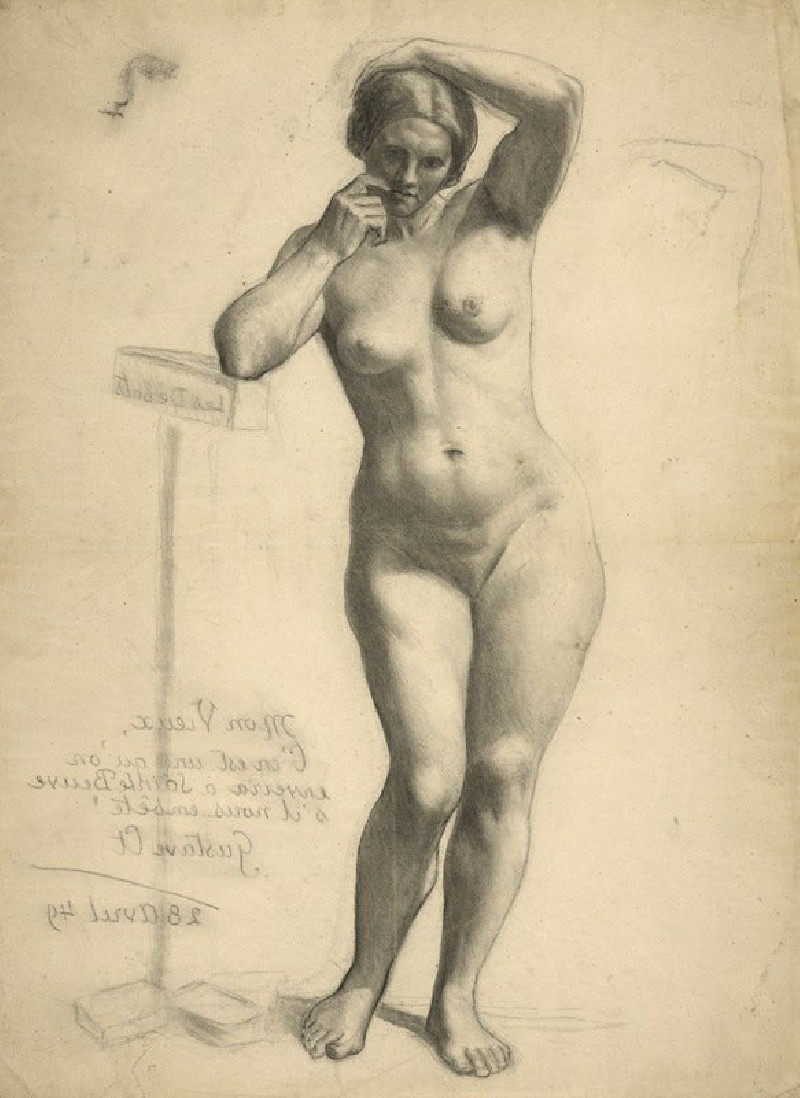
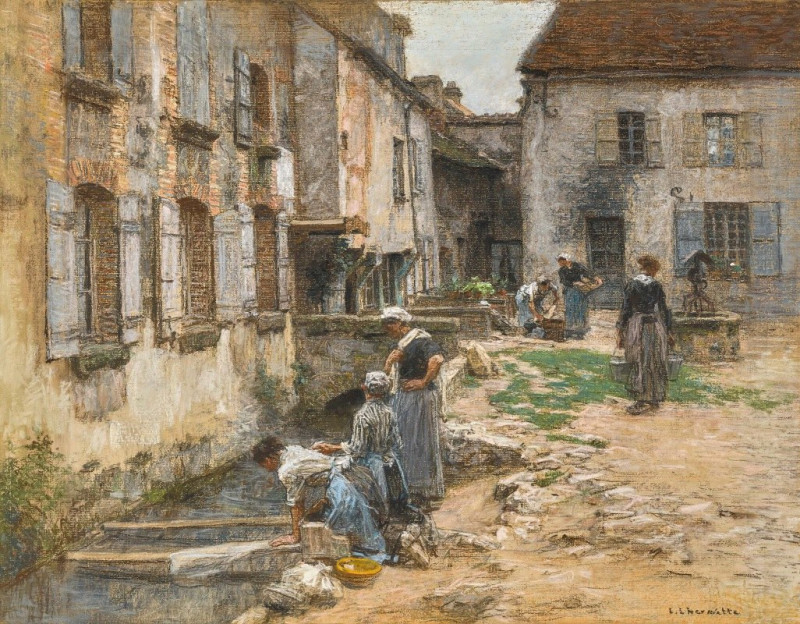
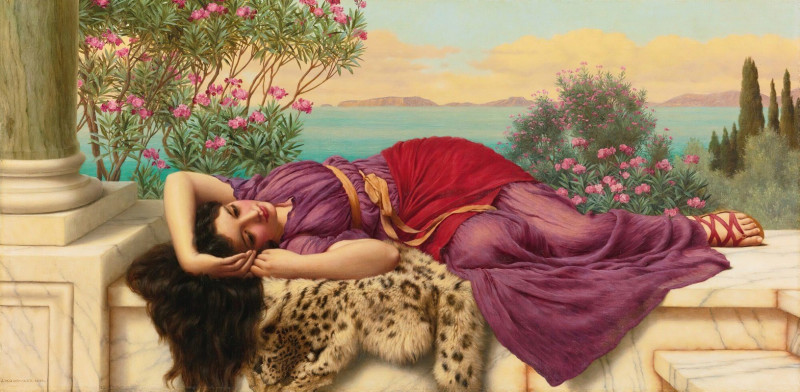
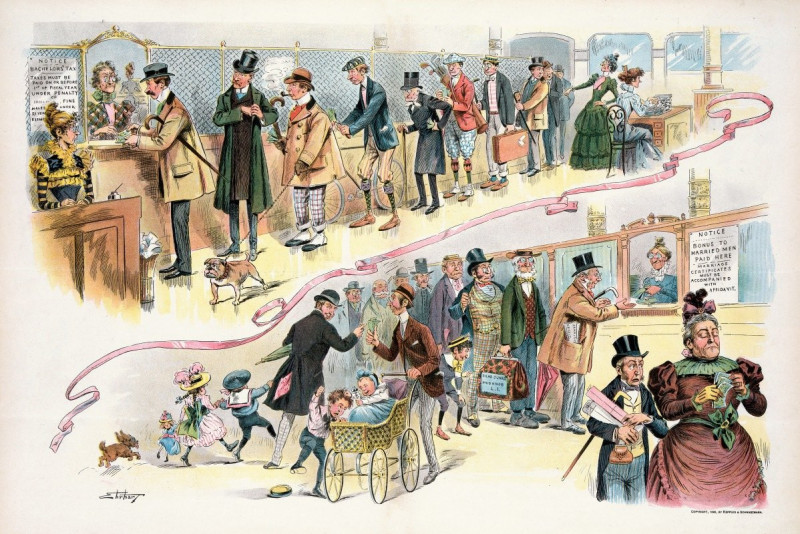
![Dendera [Dandara]. Dec. 7th, 1838. (1846-1849) reproduction of painting by David Roberts. ALL GICLEE PRINTS](https://reprodukcijos.lt/39154-large_default/reproduction-of-dendera-dandara-dec-7th-1838-1846-1849.jpg)
